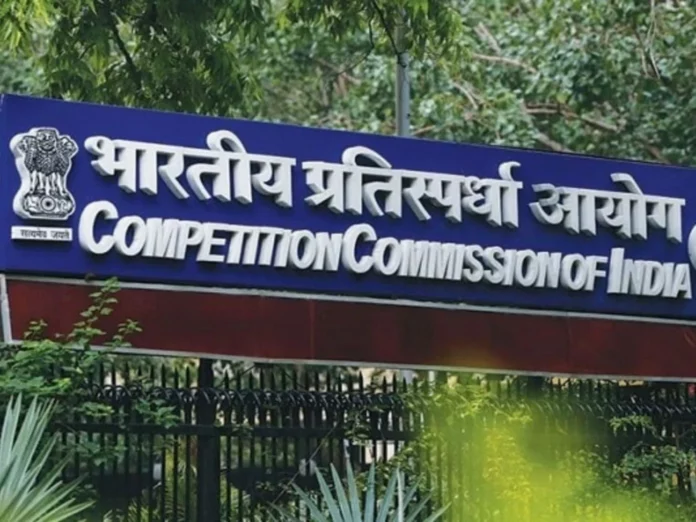India’s life and business revolve around technology. Post-pandemic has aggravated this. E-commerce has helped firms stay solvent by boosting their digitalization and offering access to a larger market. How relevant markets should be identified is a major issue in e-commerce and digital marketplaces today.
In India, competition law was developed before internet marketplaces were important. With e-commerce acquiring widespread momentum in the antitrust debate, doubts about the competition law’s application have arisen.
The Competition Commission of India (CCI) has regarded both online and physical markets as relevant. In certain situations, the Commission wants to limit this to the ‘online market,’ creating an uneven playing field.
How competition law defines, the relevant market might affect market competitiveness and antitrust investigations. The internet market is fledgling. Any limited definition boosts innovation and growth.
The Dialogue, a leading research and policy think-tank, conducted a virtual stakeholder consultation with bureaucrats, legal experts, and industry leaders, moderated by Founding Director Kazim Rizvi, to understand the meaning of relevant markets in competition law regarding e-commerce and digital markets. Online and physical marketplaces are typically considered interchangeable by CCI. The Commission has proposed a tighter definition of the relevant market, differentiating between online and offline modes of contact.
Former DPIIT Secretary Ramesh Abhishek, IAS, remarked, “The favored positioning by CCI and enhanced scrutiny against several ecosystem actors might hurt the industry’s competitive spirit.” A restricted interpretation of markets without appropriate information can harm India’s economy.
Nirupama Soundararajan, Economist and CEO of Pahle India Foundation, said, “The CCI is shortsighted.” Online and offline markets are independent sales channels. We must differentiate the market from sales channels. She continued, “Every regulator and ministry has two goals: regulation and market growth.” The legislation should be flexible to accommodate new shop forms.
Compared to the EU/USA, digital marketplaces in India are still emerging, said IndusLaw’s Unnati Agrawal. E-commerce expansion in India has led to several customer benefits, such as a larger product range in tier 2/3 cities. A restricted definition of the relevant digital market may lead to false positives regarding a digital player’s market dominance, which might freeze e-commerce growth. Regulating this industry and fostering e-commerce growth in the country must be balanced.
Below are conversation highlights.
• India’s economic growth will suffer from a one-size-fits-all approach to e-commerce and digital markets.
• Inaccurate definitions of relevant markets’ can lead to incorrect violation determinations.
• E-commerce enterprises are discouraged from innovating and extending established platforms to prevent CCI investigations on false market definitions.
•
The legal validity of future criteria is questionable, given the Competition Bill’s modification grants the Board permission to offer ‘any additional elements’ in defining relevant markets.
Follow and connect with us on Facebook, LinkedIn & Twitter

